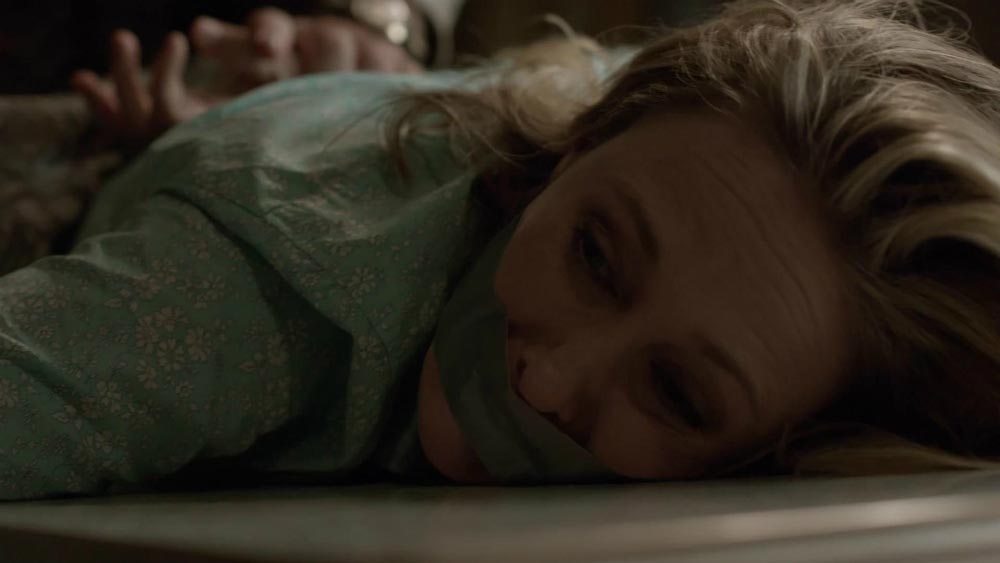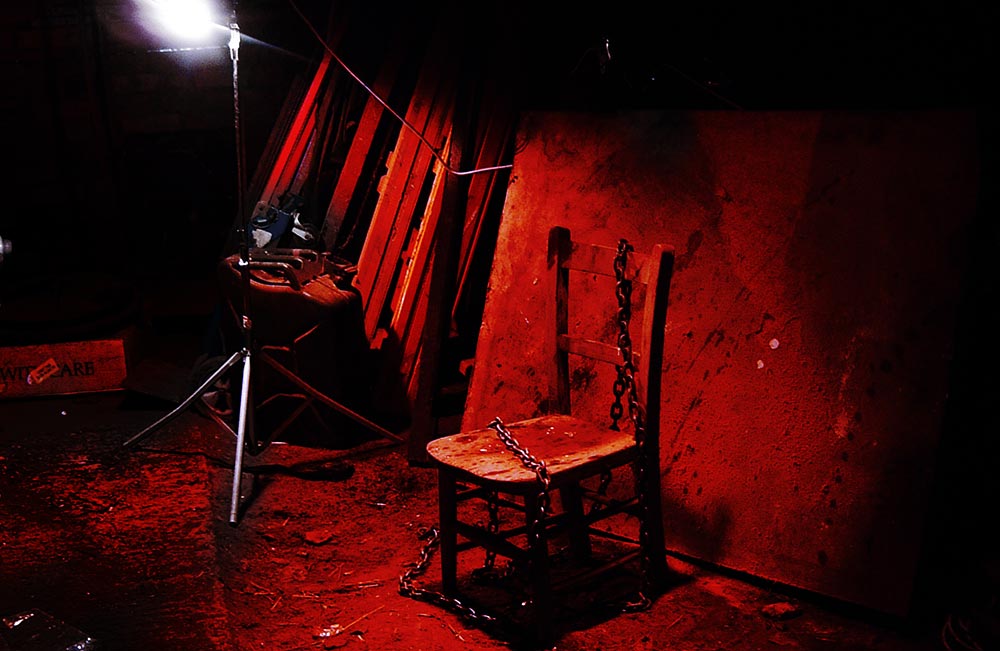Fans of Game of Thrones are taking to social media in outrage over a rape scene in the recent episode “Unbowed, Unbent, Unbroken”. Some viewers think the show has gone too far and unnecessarily made Sansa just another female victim. Brooke Williams explores the use of sexual assault in narrative features.

Sansa on her wedding night is raped by her sadistic husband Ramsay Bolton in Game of Thrones. (Copyright of HBO)
Sex Sells
And we know it. You can make a good film with a great storyline and talented cast, but if you add an element of sex in there, it can only help. It’s been proven many times. How many people actually remember what And God Created Woman was all about? Yet, most cinema lovers can quite easily recall Brigitte Bardot opening the first few seconds of the film sunbathing naked ….in 1956!
What about sexual assault? Does that sell too? It appears to me that more writers are adding an aggressive sex scene into their film just to make it more controversial and therefore interesting. As filmmakers, do we really need to use so much violence against women to get audiences hooked in our characters?
In a conscious move to make on screen entertainment grittier and more real, screenwriters are more frequently falling back on adding a rape scene into a narrative as an effect, instead of a major plot focus. The scenes also regularly show every painstaking second of that poor victim’s agony.
Last night, I surfed through Netflix with my husband for some randomly selected entertainment. We started with an independent film The Afflicted and then finally got round to watching the first episode of The Bates Motel. By the end of the evening, I had witnessed three brutal and graphic rape scenes in our living room. Then the backlash of Game of Thrones started permeating online and I felt comforted that other viewers were echoing my sentiments, that sex scenes are becoming too violent on screen.

In the show, Bates Motel, Norma Bates is sexually assaulted by former motel owner Keith Summers. (Copyright of A&E Television)
After a moment of judging everyone else, I had to stop and look at myself. After all, I am a film producer who is shooting a thriller with a leaked sex tape and a woman claiming she was raped? The word “hypocrite” sprang to mind.
A New Approach
Triventure Films is producing Captured; a story about a C-list celebrity Mimi Wyatt, who gets kidnapped. When she’s released, she goes to the authorities claiming she’s been sexually assaulted, but when the police interrogate the man she accuses, they question whether she’s after justice or a front-page story. (Mimi shot to fame in a leaked sex tape with a famous sports star, and her track record ultimately is used against her.)
When I read the script, it shocked me. It shocked me because of my initial reaction to it. We almost feel like high-fiving the perpetrator for getting away with the assault and judging this young girl because she has had sex before. How could I feel something so archaic? My mother is known as ‘THE’ hard-line feminist, yet I had fallen into the trap of judging a girl because of her track record. It is completely and utterly unjustifiable. Yet it intrigued me, because if we are honest with ourselves, a woman’s past is a factor in how her case is perceived. That’s why I feel this story should be told. It will evoke a reaction, because we should be socially more open-minded, but I don’t feel we are enough, as still today far too many women fail to come forward about their attack.
So how do I as a filmmaker portray a story which has such provocative sexual themes, but without being too gratuitous and unnecessary?
Captured is shooting in New York this autumn and is due to be released in the spring of 2016. I feel the imagination is far more powerful than being shown everything. As such, I chose to never show her attack; forcing the viewer to choose whether to take her word for it, as is the case for most real victims. There will only be a few little extracts from her sex tape, nothing explicit; only enough to show it was a private home video. Also the kidnapper never hits her. He controls his hostage through intimidation and mind games. Rape victims aren’t always beaten, and often the stigma and the fear keep them silent afterwards. The subject matter is so sensitive that adding violent scenes are distracting and unnecessary and would only be in there to shock a virtually “unshockable” audience.

Sansa isn’t the first female lead character to be sexually assaulted on screen in Game of Thrones. (Copyright of HBO)
A Filmmaker’s Responsibility
Filmmakers have more power to send a message than campaigners and life-long activists. The art of entertainment is a powerful tool to tell stories, which provokes debate and engages conversation. That’s what the wedding night scene in Game of Thrones has done.
The fact people are speaking up about the show proves we may not yet be desensitized to violence on screen. It has gotten people talking about female victimization and allows organizations, like RAINN and Safe Horizon —which help victims of rape and abuse–get publicity. All of this can’t be a bad thing. But if we, as filmmakers, continue to portray sexual assault scenes as a byline or subplot, we are in danger of giving our audience the expectation that aggressive rape scenes are necessary ingredients in entertainment. Filmmakers should never be restrained from showing what is essential to get their message across, but we must remain aware of what is truly necessary.

Triventure Films is filming Captured this autumn, which is a thriller about a sexual assault. (Copyright of Triventure Films)
Closing Thoughts
So, as filmmakers and visual storytellers, what can we learn from Game of Thrones’ mistakes? If you are making a film, which includes scenes of a sexual violent nature, make sure those scenes are key components and a main focus of your storyline, not just a grisly garnish. The subject matter of Captured is a big risk and is provocative, but my justification is if that, if it gets people discussing the film, it can only move the debate further about how we tackle this problem.
If you’d like to follow what we do with Captured and let me know whether you think we’re successful with our own exploration of this concept, go to: http://www.triventurefilms.com
